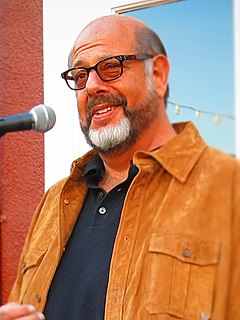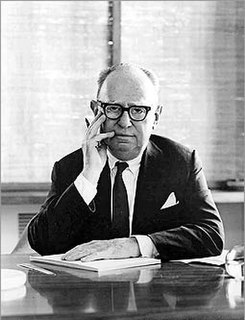A Quote by Jill Soloway
I noticed that people were craving a way of reinterpreting tradition and of being Jewish without joining a synagogue.
Related Quotes
If only one country, for whatever reason, tolerates a Jewish family in it, that family will become the germ center for fresh sedition. If one little Jewish boy survives without any Jewish education, with no synagogue and no Hebrew school, it [Judaism] is in his soul. Even if there had never been a synagogue or a Jewish school or an Old Testament, the Jewish spirit would still exist and exert its influence. It has been there from the beginning and there is no Jew, not a single one, who does not personify it.
The most important part of the process of mourning is regularly reciting kaddish in a synagogue. Kaddish is a doxology, which Jewish tradition has mandated children to recite daily in a synagogue during the year of mourning for a deceased parent and then on the anniversary of his or her death thereafter.
One reason which I find particularly fascinating about Israel is this. There is no such thing as a Jewish civilization. There is a Jewish culture, a Jewish religion, but there is no such thing as a Jewish civilization. The Jews were a component basically of two civilizations. In the Western world, we talk about the Judeo-Christian tradition and you talk about the Judeo-Islamic tradition because there were large and important Jewish communities living in the lands of Islam.
First I went to a Jewish school, when I was very little. But when I was 12, they put me in a school with a lot of traditions, and they were educated people and they were talking about Greece and the Parthenon and I don't know what. All the kids, all the girls they had already seen that and knew that from their family, and I would say, "What are you talking about, what's that?" It's not my world. My grandparents were very well-educated people, but in the Jewish tradition. They knew everything about the Bible.
My story wasn't one of those cliched stories of being an ugly duckling, I had a pretty good time at school. But then I think being six foot by the age of 15 meant that I couldn't help but be noticed, and that was when my physical being felt quite painful - I could not any longer walk into a room without being noticed.


































